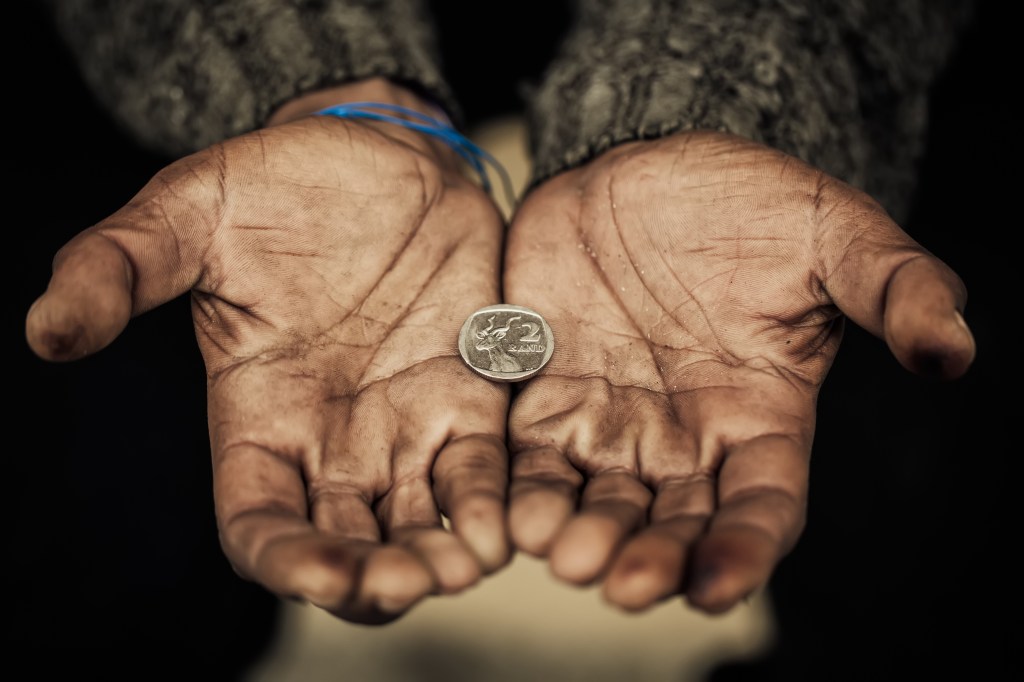Ann Mei Chang
When I was in Addis Ababa, Ethiopia recently as part of the U.S. government’s delegation to the Third International Conference on Financing for Development, I was struck by how much the international development landscape is changing.
Where governments were once the primary source of development assistance, today the private sector, civil society, academia and donors are all working together to discover, fund and scale innovative solutions to longtime development challenges.
Some of these solutions have already resulted in transformative innovations that have improved development outcomes.
As we at USAID (United States Agency for International Development) work together with our partners to meet the ambitious goal of eliminating extreme poverty for roughly 1.2 billion people, increased funding will not get us there alone (The World Bank defines extreme poverty as living on less than US$1.25 per day; check out this report for more information). We need to find new ways to achieve greater impact at lower cost.
In the past two decades alone, advances in mobile technology and digital connectivity have completely revolutionized how we interact with the world around us. They also provide unparalleled opportunities to deliver social impact and economic returns to millions of people in developing countries, while engaging new actors in the development process.
How can digital tools and advances help developing countries break through to the next level of economic gains? According to Booz Allen Hamilton, the “digitization” of developing economies could yield as much as a $4.1 trillion increase in GDP among the most underserved 3.9 billion consumers.
We’re already seeing promising signs of this digitization in Africa. The convergence of social, political and economic factors, including a high demand for basic unmet public services, the spread of smartphones and broadband access and the global growth of the digital economy, is making Africa a center for development innovation.
With new business models, African countries are leapfrogging older technologies to create digitally enabled solutions for local populations.
Other parts of the developing world are also seeing positive results. As part of the WorldFish Center’s Aquaculture for Income and Nutrition (AIN) project in Bangladesh, Mostafa Kamal works to improve technical competence by providing training and small stipends to local farmers.
By introducing mobile payments for the training allowances through USAID’s Mobile Solutions Technical Assistance and Research (mSTAR) program, training allowances are now directly transferred to mobile wallets; it now takes 15 fewer days to transfer funds to Kamal and other trainers. In addition, mobile money has mitigated the risks associated with traveling with large sums of cash.
To help more people like Kamal benefit from the digital economy, we believe all development actors involved need to embrace a holistic approach to “digital development.”
The following are a few of my recommendations, published for the 2015 Brookings Blum Roundtable Foreign Assistance in the Digital Age:
-
Catalyze Increased Connectivity: For individuals, communities and countries to thrive in the 21st century, mobile and Internet connectivity needs to be seen as a core infrastructure alongside water, roads and electricity. Connectivity can open new economic opportunities for individuals and increase access to information, yet today only 44.6 percent of the population in developing countries are mobile subscribers, only one-third have access to the Internet and women are 23 percent less likely than men to have access to the Internet.
-
Enable a Digital Workforce: Building the skills and ecosystem to participate in the fast-growing digital economy is likely one of the most powerful drivers for future employment and economic prosperity. When governments and the private sector work together, they can train the workforce for this new era and help match them with job opportunities.
-
Expand the Reach and Usage of Digital Financial Services: Globally, around two billion adults (disproportionately women) lack access to formal financial services, and instead rely on cash or physical assets. Digital financial services, like mobile money, can help individuals more effectively manage finances and build resilience against economic shocks.
Enhanced access to digital information and services can empower individuals and open new windows for delivering more effective and scalable development projects. Through USAID’s U.S. Global Development Lab, we’re working to help facilitate access and promote business models and technology innovation to reach communities in need.































Comment